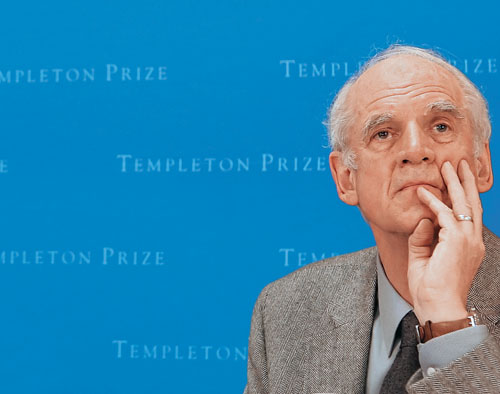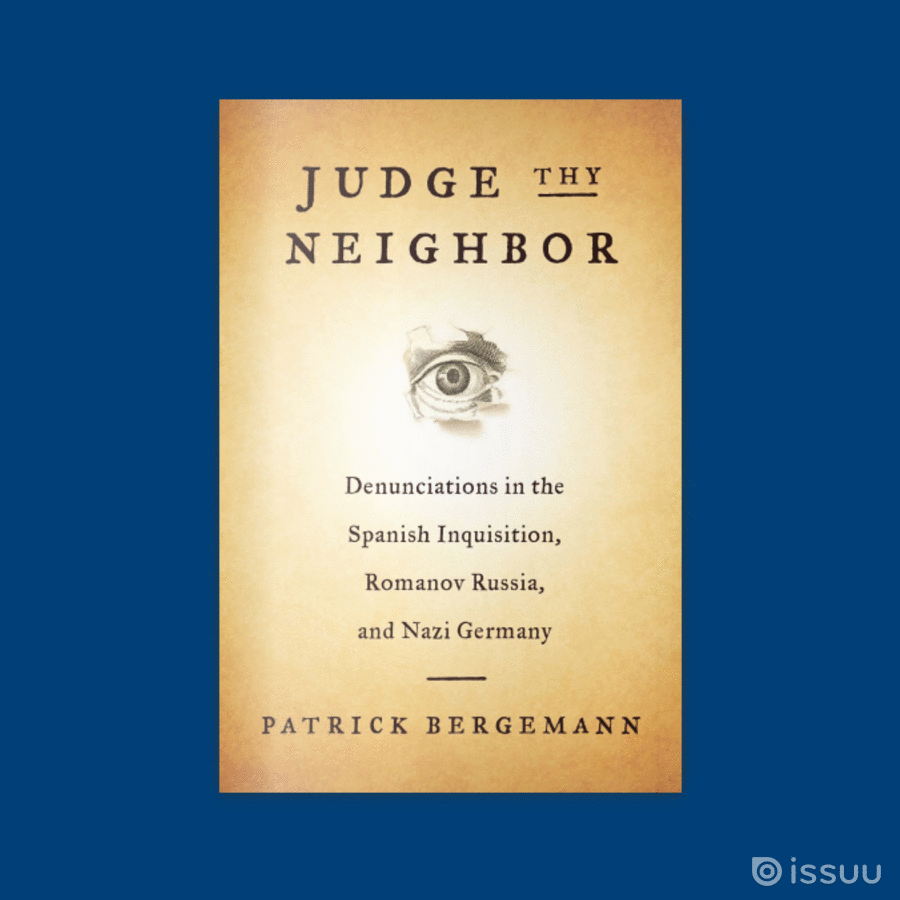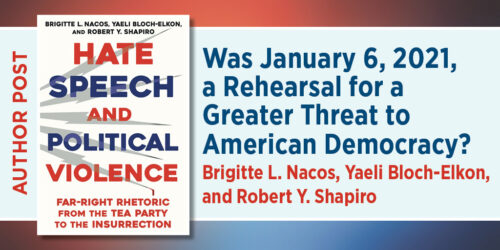Charles Taylor: Why We Need a Radical Redefinition of Secularism
Charles Taylor’s essay in The Power of Religion in the Public Sphere, “Why We Need a Radical Redefinition of Secularism,” argues that democratic societies must allow for respect of various beliefs. However, too much emphasis is placed on religion as being a problem. Like Habermas he sees excluding religion from the public sphere as undermining the solidarity and creativity they seek for the public sphere. (To read an excerpt from essays by Jurgen Habermas and Craig Calhoun.)
We have seen how this strongly motivated move to fetishize our historical arrangements can prevent our seeing our secular regime in a more fruitful light, which foregrounds the basic goals we are seeking and allows us to recognize and reason about the dilemmas which we face. But this connects to the other main cause of confusion I have already cited, our fixation on religion as the problem. In fact, we have moved in many Western countries from an original phase, in which secularism was a hard-won achievement warding off some form of religious domination, to a phase of such widespread diversity of basic beliefs, religious and areligious, that only clear focus on the need to balance freedom of conscience and equality of respect can allow us to take the measure of the situation. Otherwise we risk needlessly limiting the religious freedom of immigrant minorities, on the strength of our historic institutional arrangements, while sending a message to these same minorities that they by no means enjoy equal status with the long-established mainstream.
Think of the argument of the German Laender that forbade the headscarf for teachers. These are authority figures, surely; but is our idea that only unmarked people can be authority figures? That those whose religious practices make them stand out in this context don’t belong in positions of authority in this society? This is maybe the wrong message to inculcate in children in a rapidly diversifying society.
But the fixation on religion as the problem is not just a historical relic. Much of our thought, and some of our major thinkers, remain stuck in the old rut. They want to make a special thing of religion, but not always for very flattering reasons.





